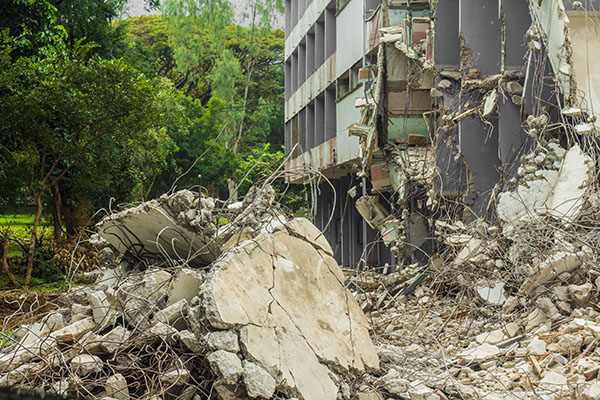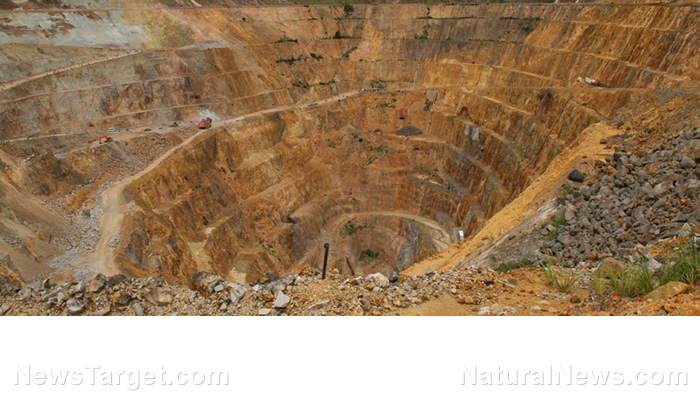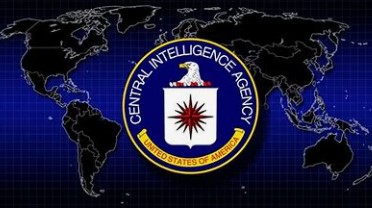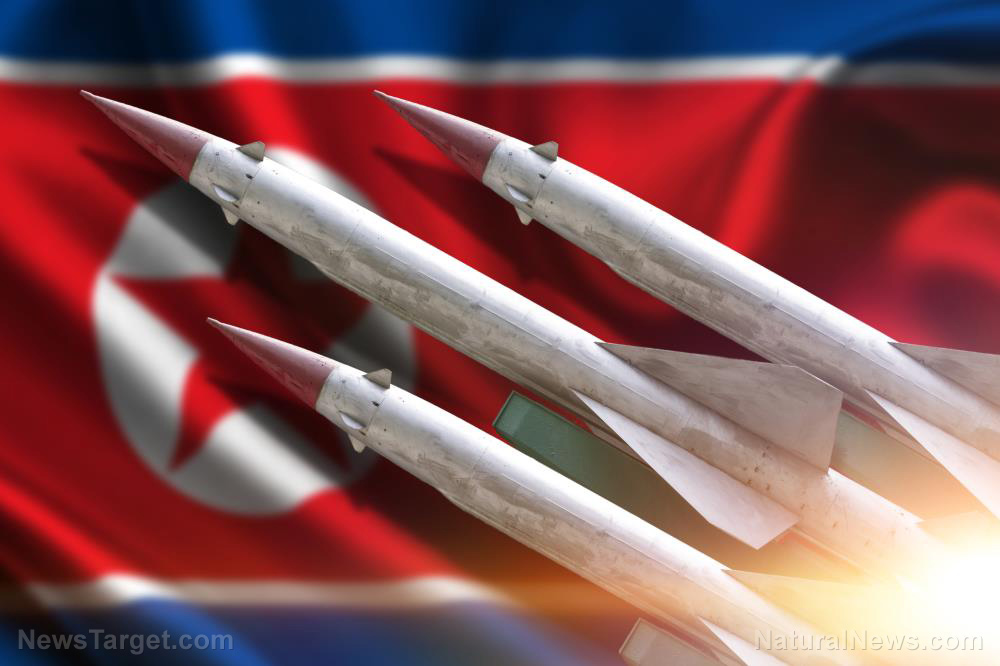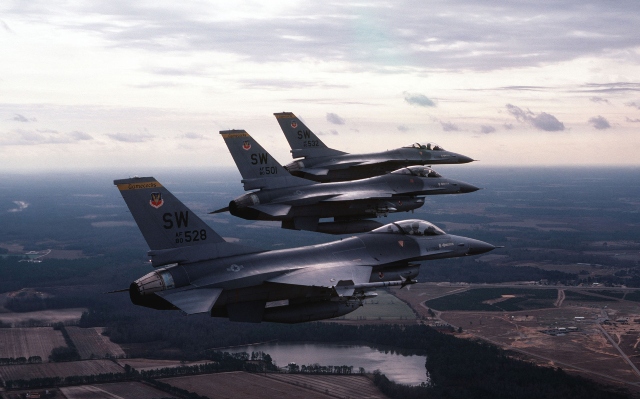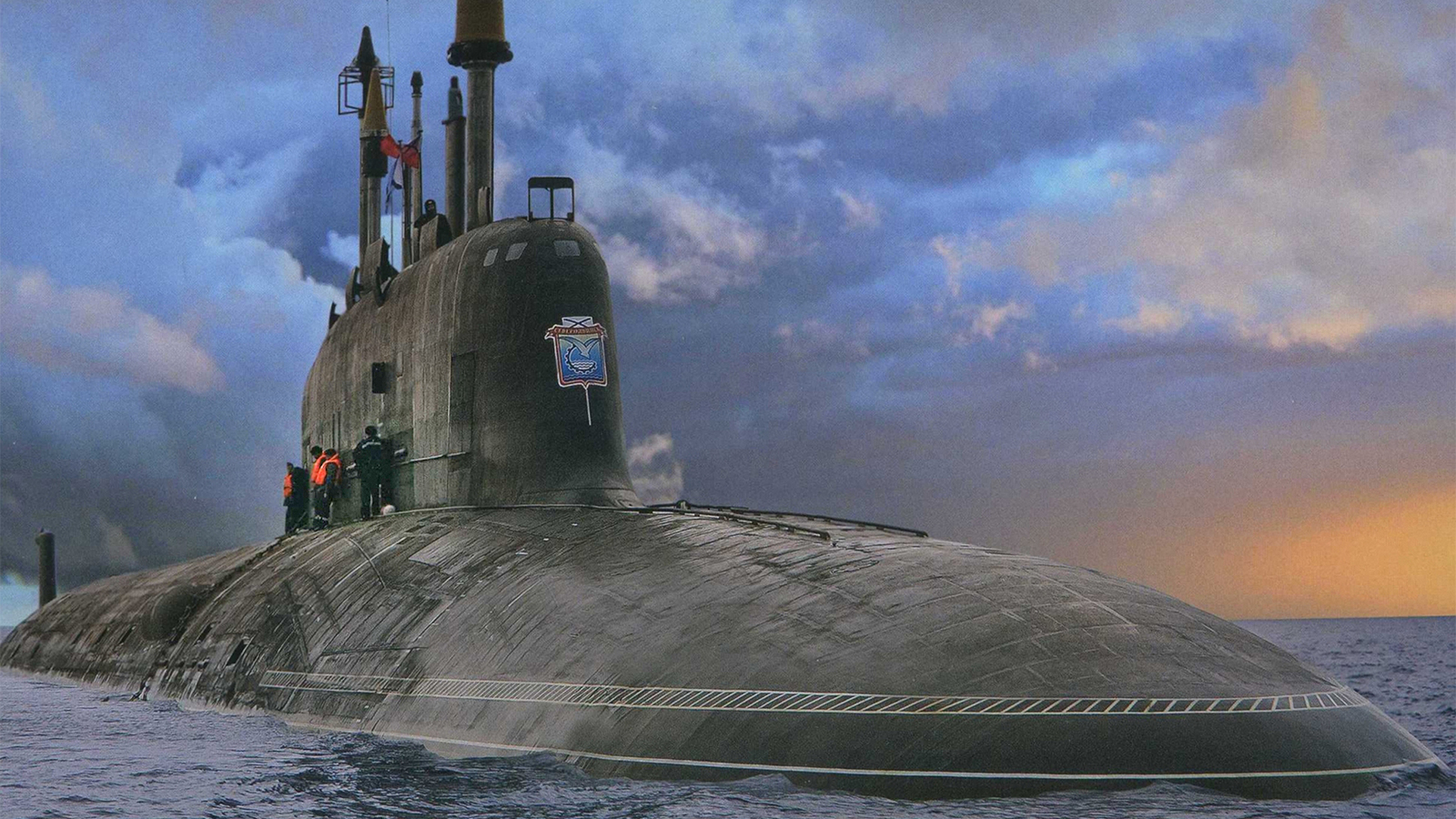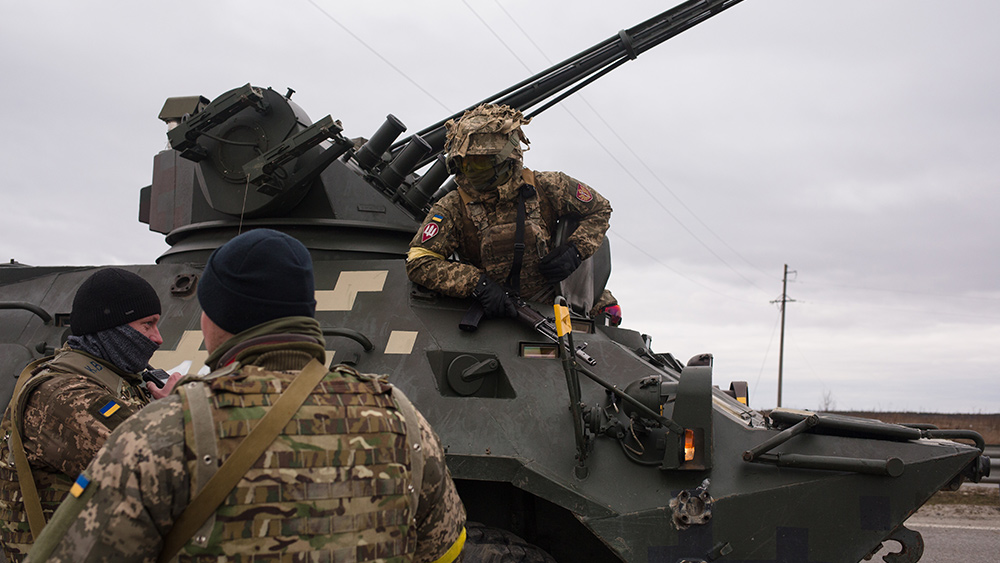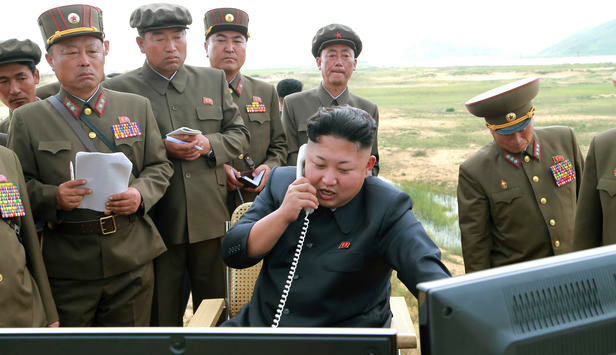Israeli strikes kill civilians in Lebanon, and take out a prominent Jamaa al-Islamiya commander
04/23/2025 / By Lance D Johnson
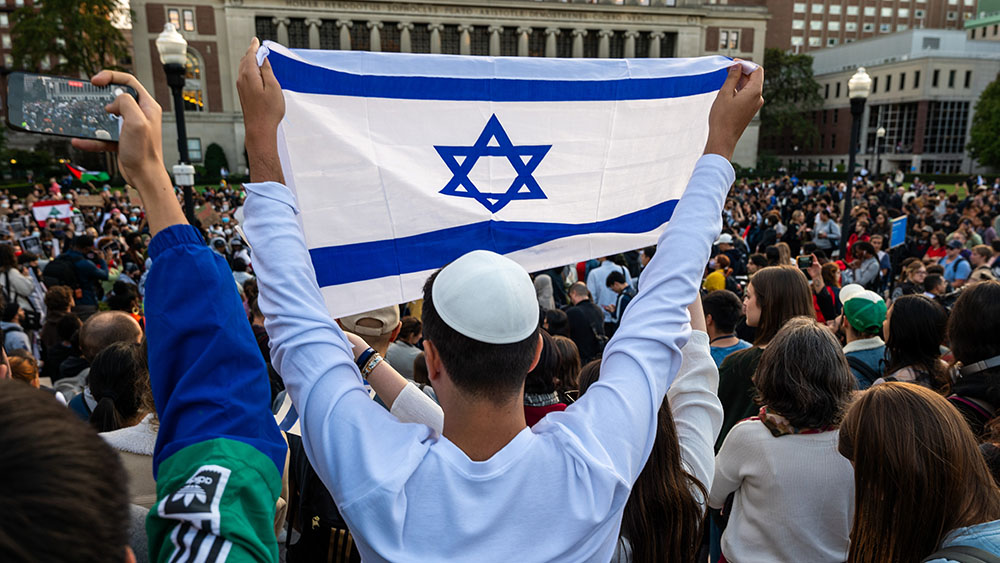
- Israeli drone strikes kill Hussein Izzat Mohammad Atwi, a Jamaa al-Islamiya commander, and another person in southern Lebanon.
- Strikes violate the November ceasefire agreement, risking a flare-up of hostilities.
- Lebanese President Joseph Aoun faces pressure to disarm Hezbollah and other armed groups.
- UN reports 71 civilians killed by Israeli forces in Lebanon since the ceasefire.
Israeli strikes breach ceasefire, kill Jamaa al-Islamiya commander and civilians in Lebanon
On Tuesday, April 22, 2025, Israeli drone strikes in Lebanon killed Hussein Izzat Mohammad Atwi, a top commander of the armed wing of Jamaa al-Islamiya, and another individual in the southern city of Tyre. These attacks, which violate the ceasefire agreement struck in November 2024, have reignited tensions and raised concerns about a potential escalation of hostilities in the region. The strikes come amid ongoing Israeli military operations in Lebanon, which have killed at least 71 civilians since the ceasefire, according to the United Nations.
The Israeli military’s continued strikes in Lebanon are a clear breach of the ceasefire agreement, which was intended to bring an end to over a year of hostilities, including a two-month all-out war that saw thousands of Lebanese civilians killed. The latest attacks, which targeted Atwi and another individual, are part of a pattern of Israeli aggression that has been met with international condemnation.
Hussein Izzat Mohammad Atwi: A prominent figure in Jamaa al-Islamiya, Atwi was described as an “academic leader and university professor” by the group. He was killed in a drone strike on his car near the coastal town of Damour, about 20 kilometers south of Beirut.
Tyre Attack: In a separate incident, an Israeli drone strike in the southern city of Tyre killed one person and injured several others. The Israeli military claimed the individual was a “Hezbollah commander,” but this has not been independently verified.
The United Nations has expressed deep concern over the civilian casualties resulting from Israeli military operations. Thameen Al-Kheetan, spokesperson for the UN Office for the High Commissioner for Human Rights (OHCHR), stated that the death toll includes 14 women and nine children. The OHCHR has called for investigations into each military action where civilians are killed, emphasizing the need for accountability and adherence to international law.
Lebanon under pressure to disarm Hezbollah
Lebanese President Joseph Aoun faces mounting pressure to disarm Hezbollah and other armed groups, a key condition of the ceasefire agreement. The United States has been particularly vocal in urging Beirut to accelerate the process, with President Aoun announcing his intention to complete the disarmament by the end of 2025. However, Aoun has warned that the process is “sensitive and delicate,” highlighting the complexities and potential risks involved.
Hezbollah’s role: Hezbollah, a powerful political and military force in Lebanon, has been a key player in the conflict with Israel. Under the ceasefire, Hezbollah was to withdraw its fighters from south of the Litani River and dismantle any remaining military infrastructure. However, Israel has maintained troops in five strategic positions in southern Lebanon, citing security concerns.
Lebanese military deployment: The Lebanese army has been deploying in the south near the border with Israel as Israeli forces have withdrawn. President Aoun has stated that the army is “dismantling tunnels and warehouses and confiscating weapons bases” without any resistance from Hezbollah.
The Israeli strikes that killed Hussein Izzat Mohammad Atwi and 71 other individuals in southern Lebanon are a stark reminder of the fragile peace in the region and the ongoing threat of renewed conflict. As the death toll of civilians continues to rise, the international community must hold Israel accountable for its actions and demand an end to the violations of the ceasefire agreement. The path to lasting peace in Lebanon and the broader Middle East requires a commitment to justice, human rights, and the protection of civilians. Will the international community stand idly by as Israel continues to breach the ceasefire, or will it take decisive action to ensure the safety and security of the Lebanese people?
Sources include:
Submit a correction >>
Tagged Under:
accountability, Beirut, ceasefire, civilian casualties, conflict, disarmament, drone attacks, Fajr Forces, Hamas, Hezbollah, human rights, Hussein Izzat Mohammad Atwi, international law, Israel, Jamaa al-Islamiya, Joseph Aoun, Lebanon, Middle East, military strikes, Muslim brotherhood, peace, security, Thameen Al-Kheetan, Tyre, United Nations, United States
This article may contain statements that reflect the opinion of the author
RECENT NEWS & ARTICLES
COPYRIGHT © 2018 MILITARYTECHNOLOGY.NEWS
All content posted on this site is protected under Free Speech. MilitaryTechnology.news is not responsible for content written by contributing authors. The information on this site is provided for educational and entertainment purposes only. It is not intended as a substitute for professional advice of any kind. MilitaryTechnology.news assumes no responsibility for the use or misuse of this material. All trademarks, registered trademarks and service marks mentioned on this site are the property of their respective owners.


